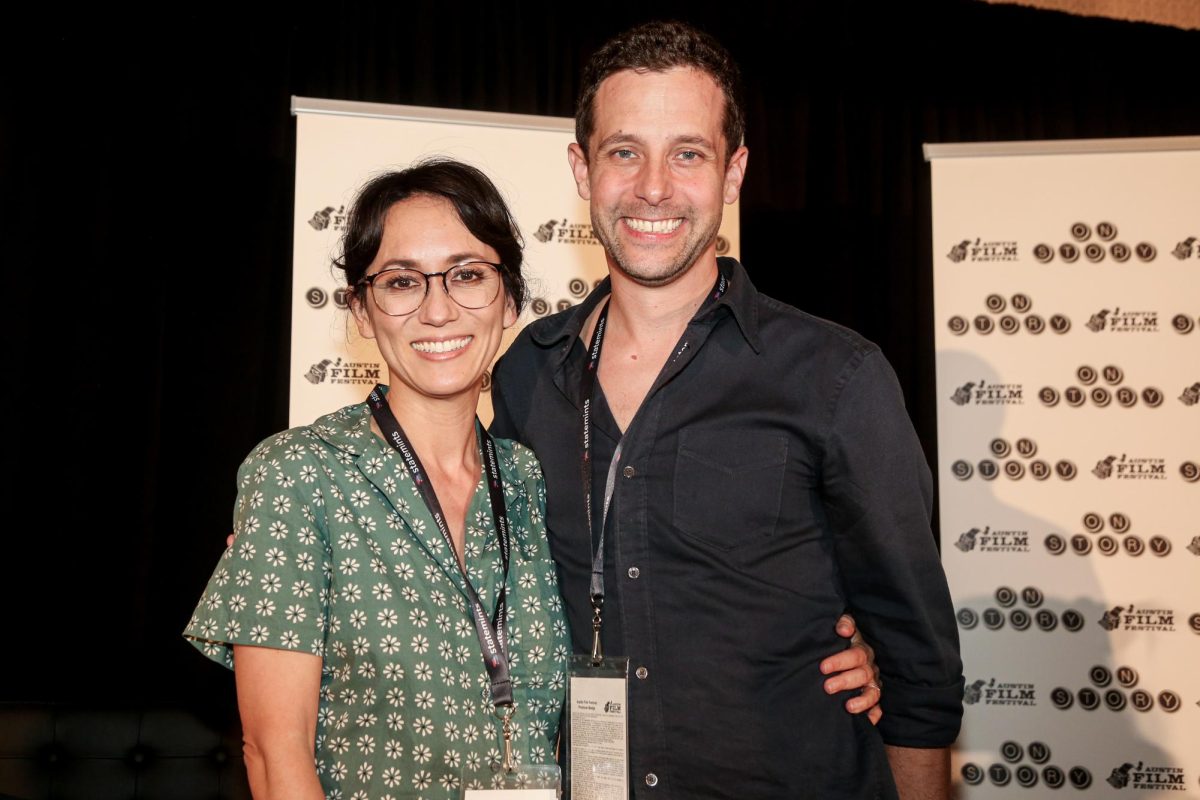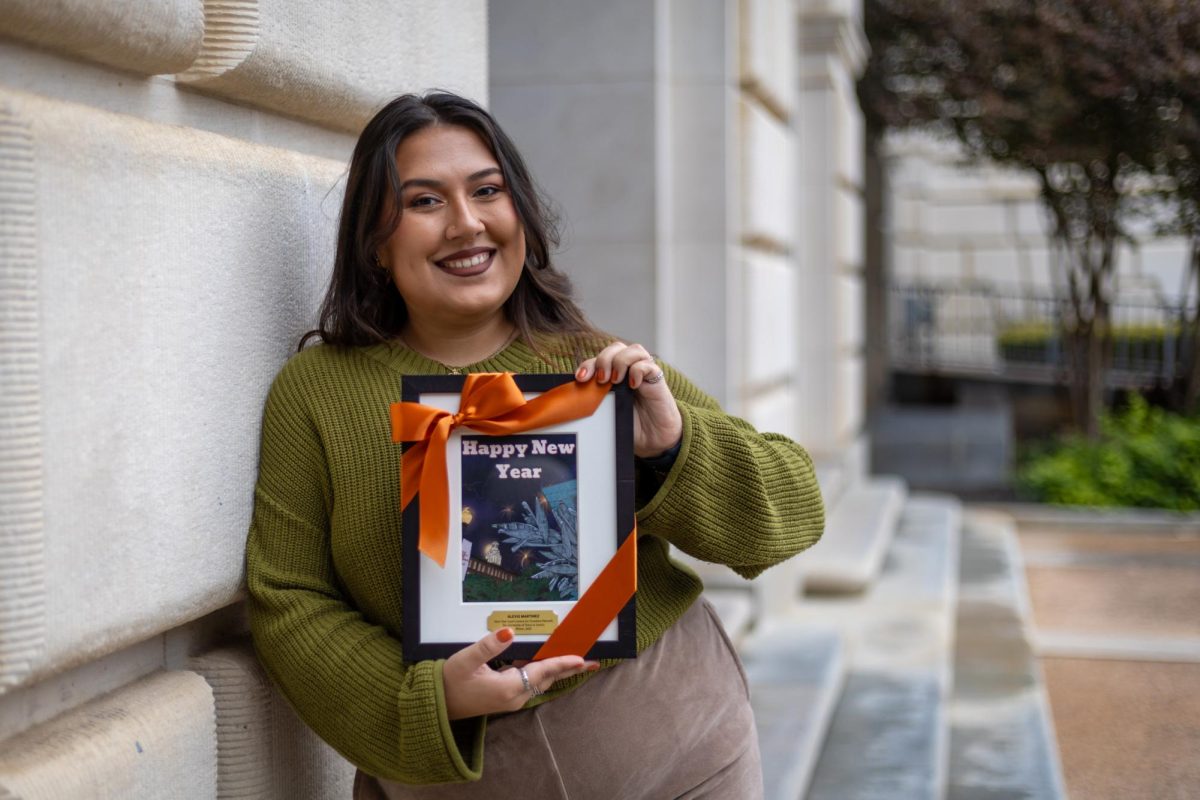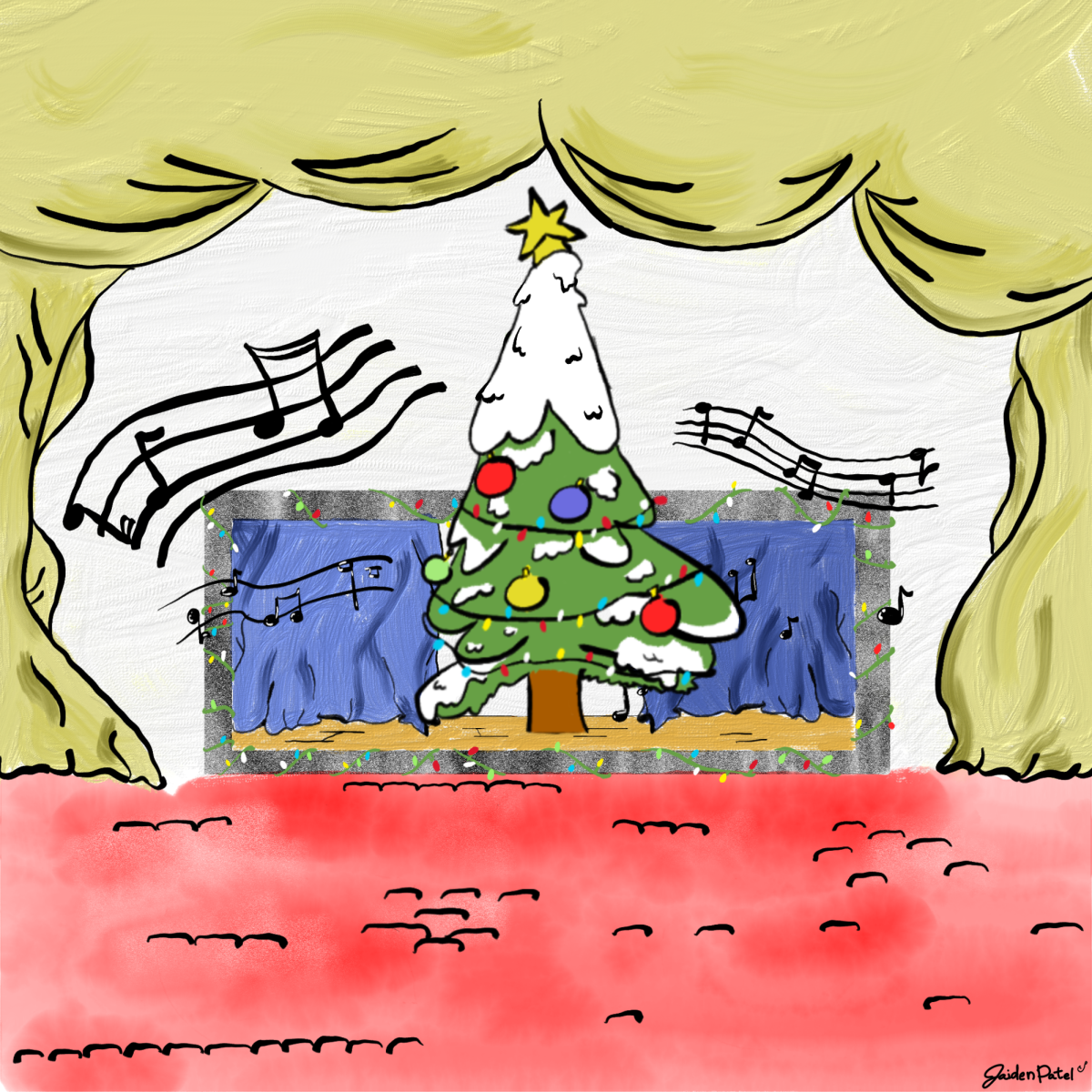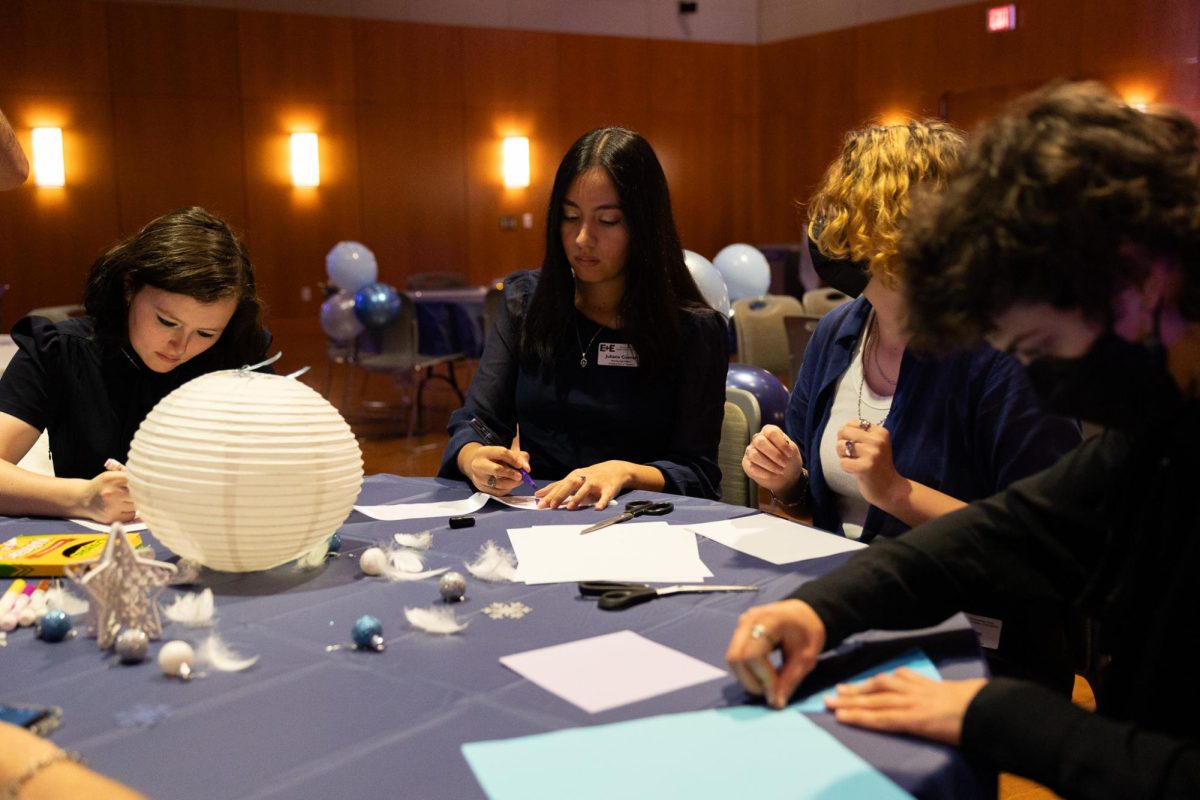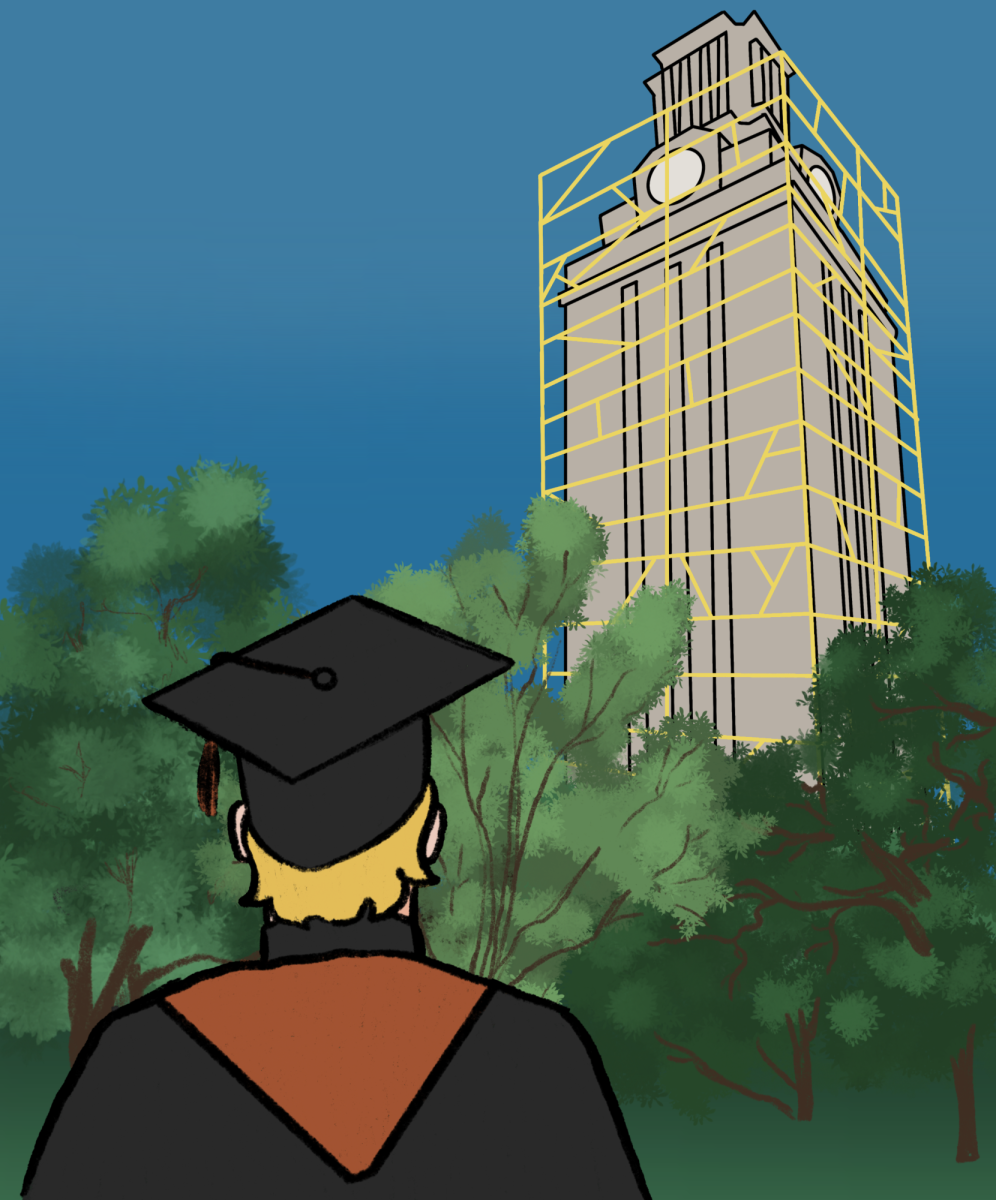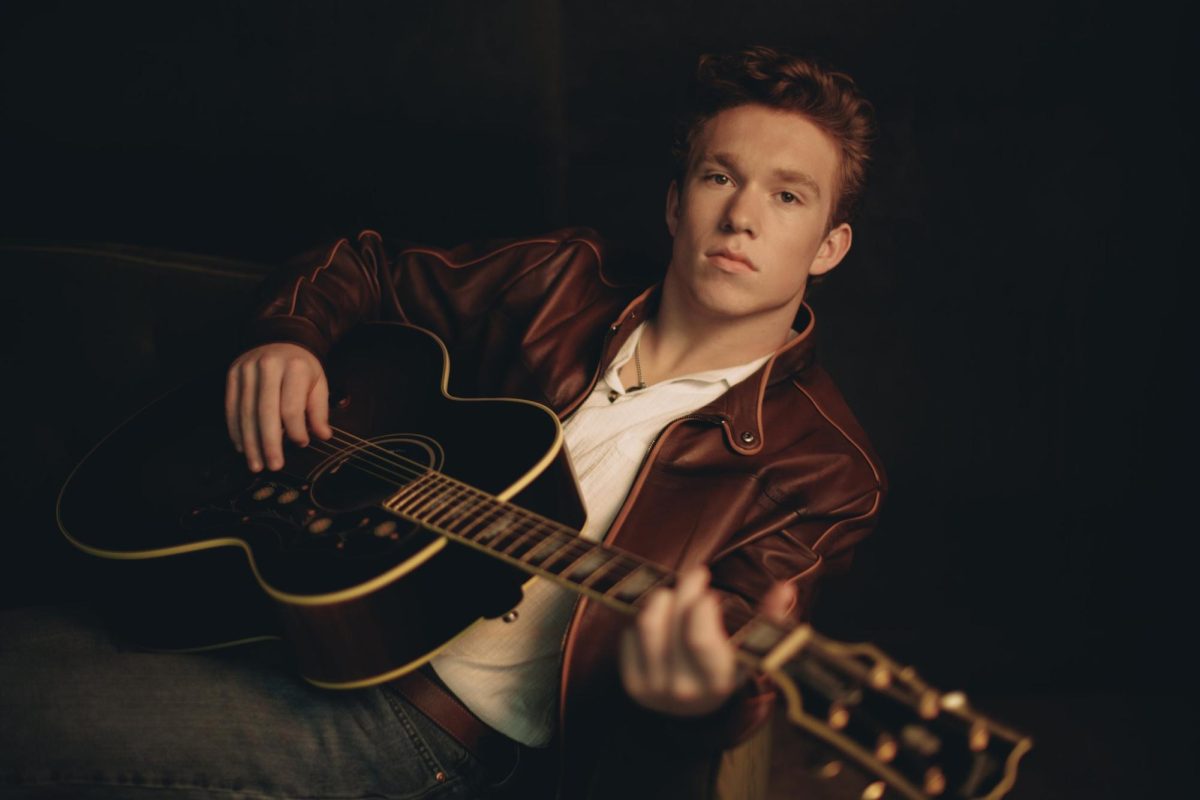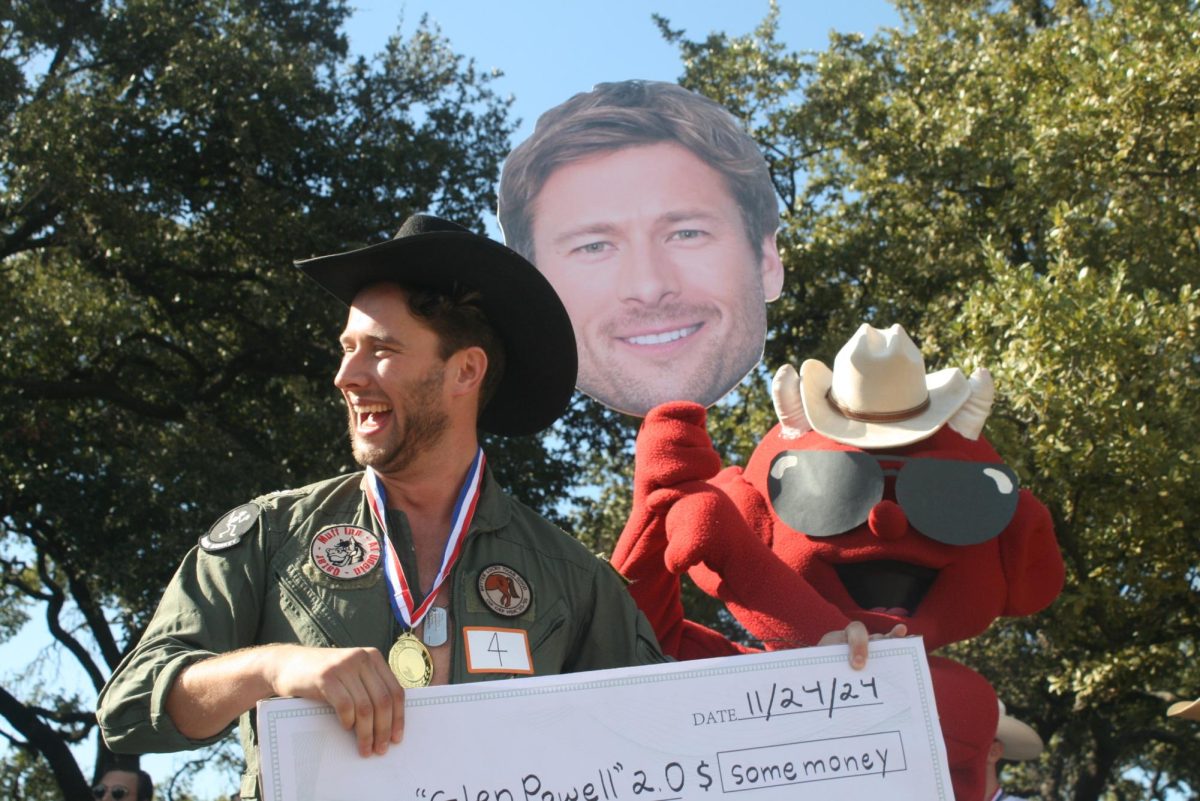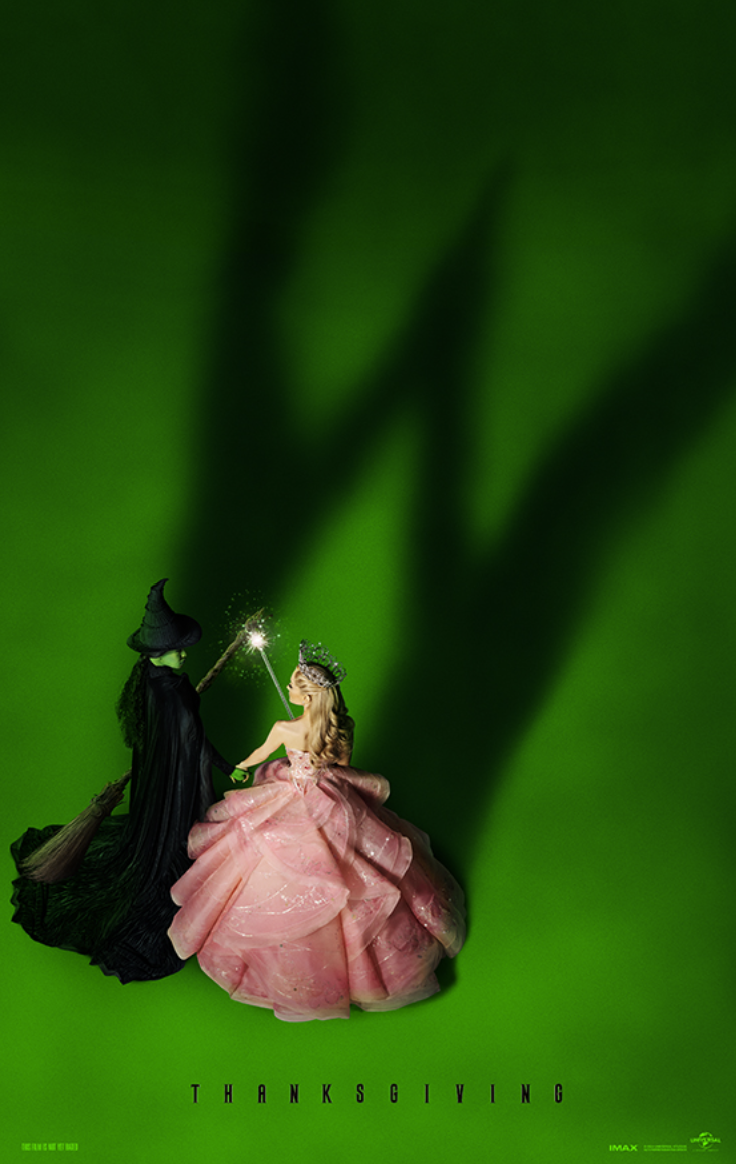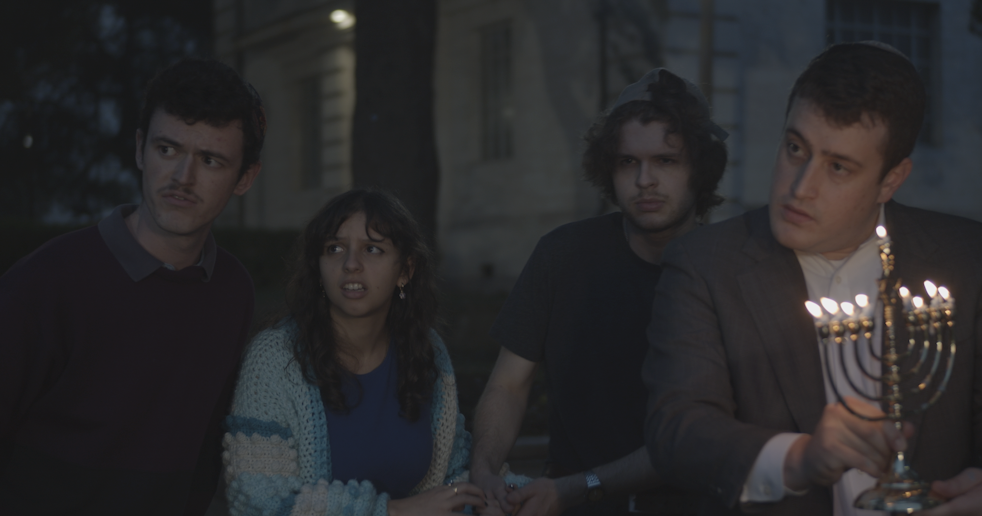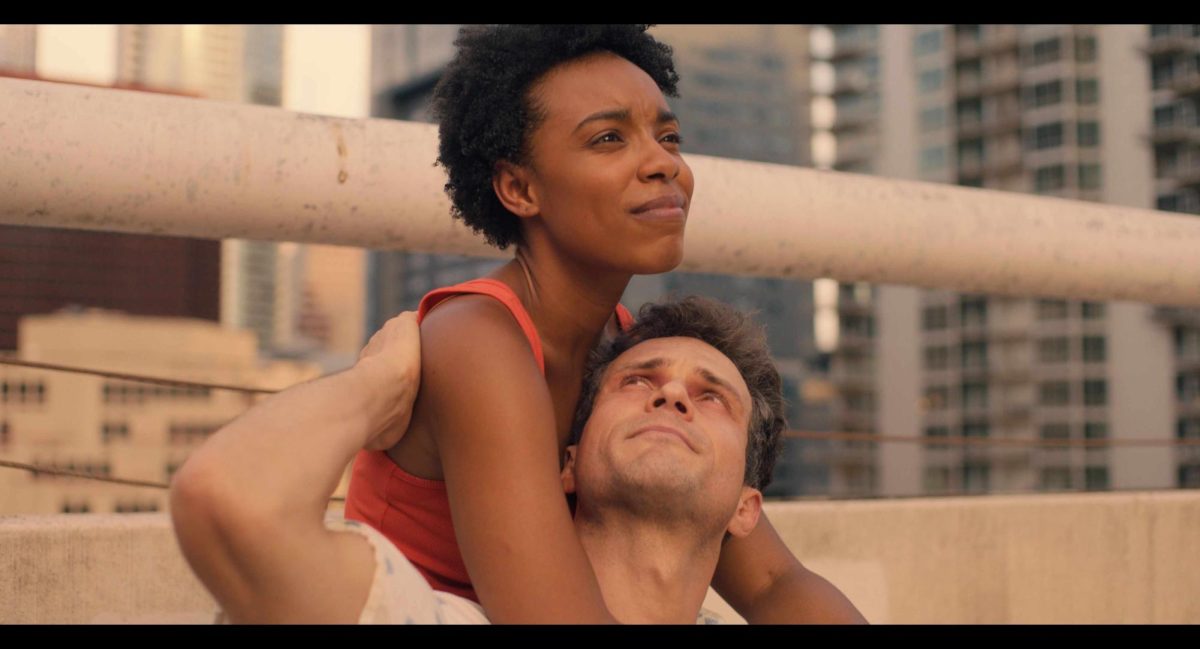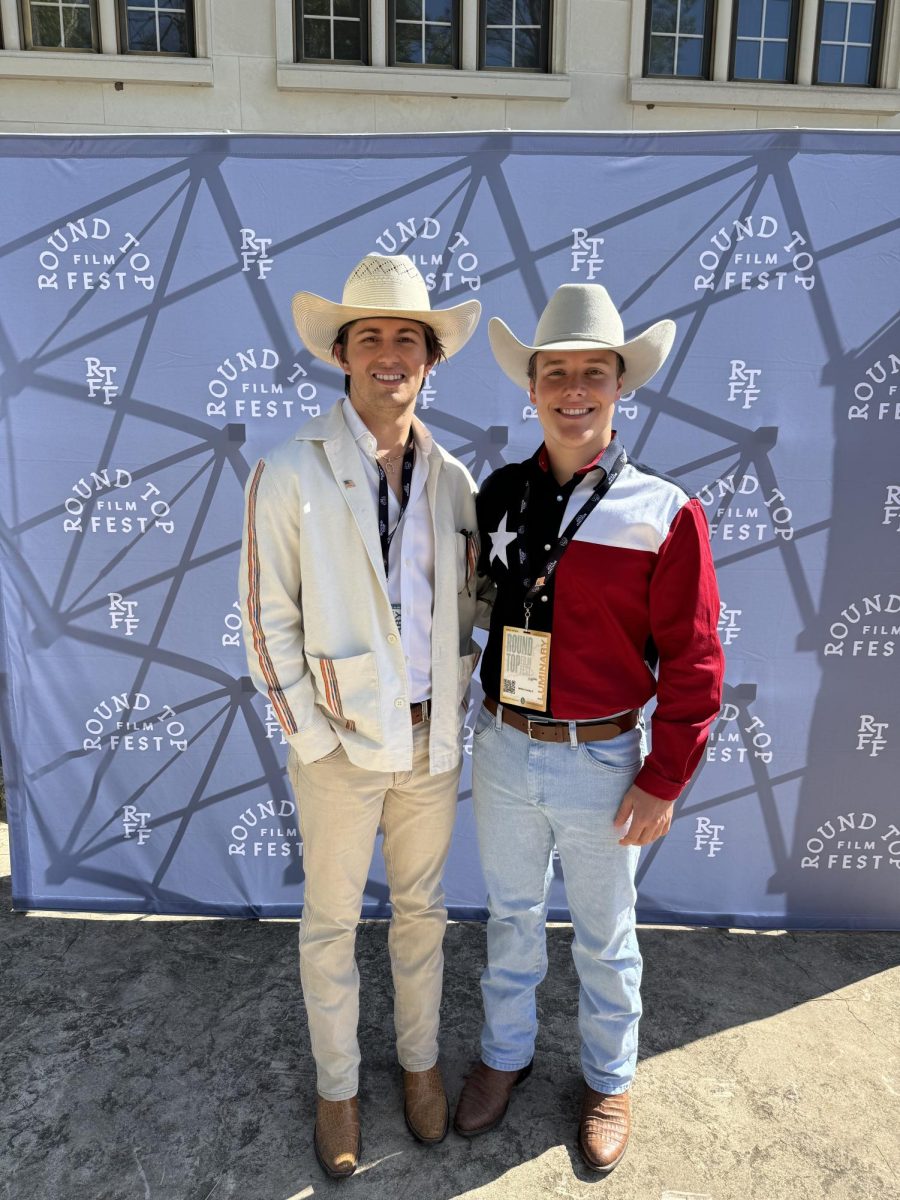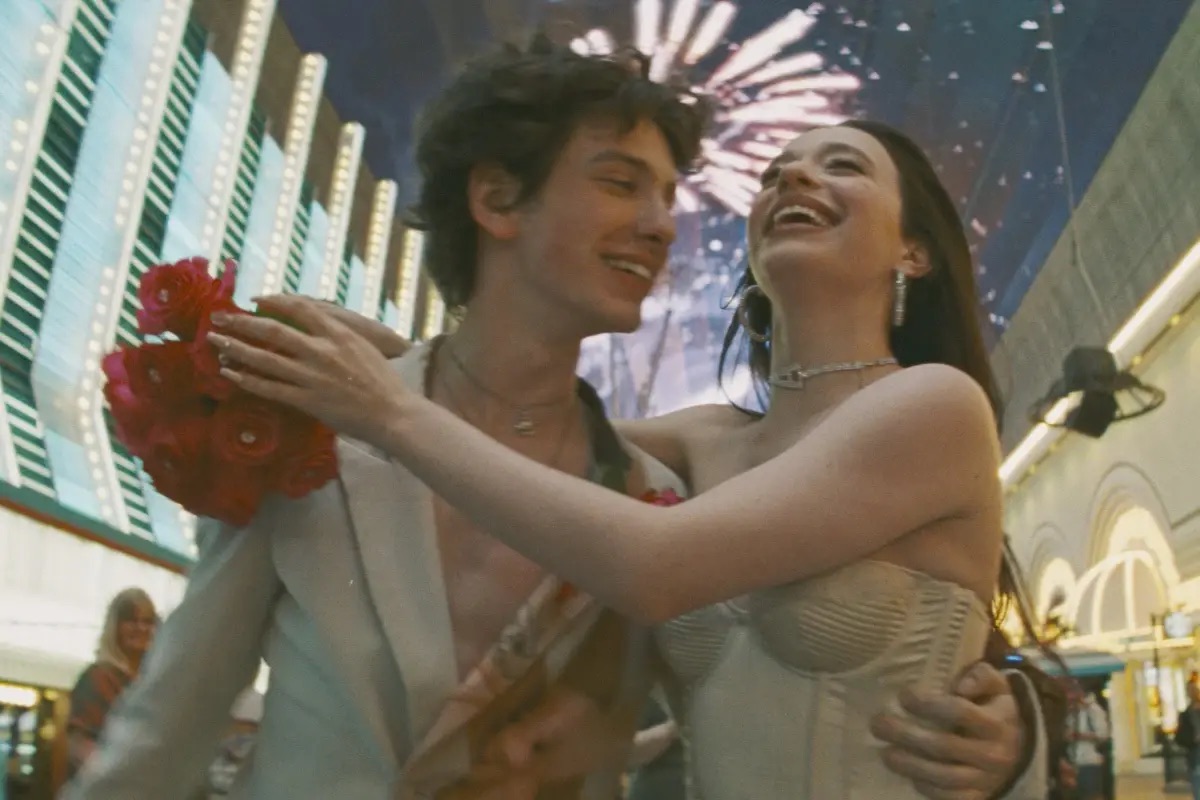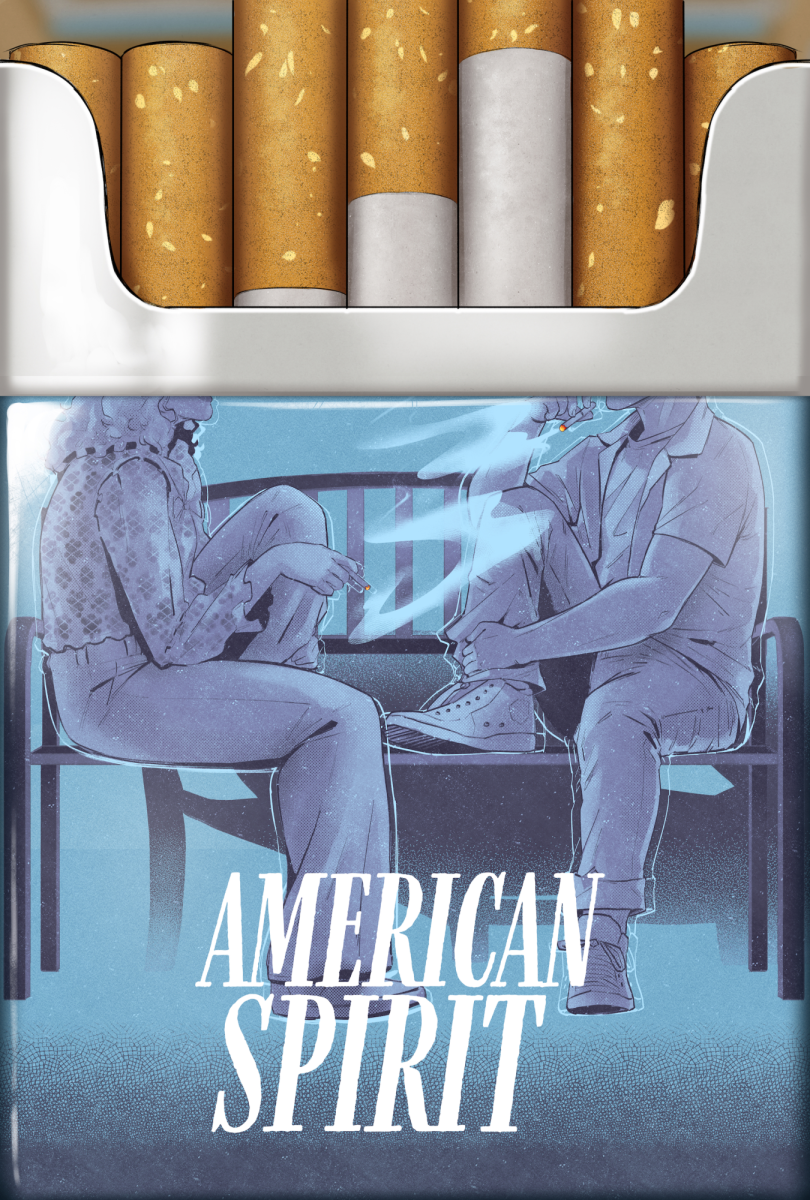The 10-episode television series “Shōgun” took five years of planning, 3,000 people and a 10-month shoot to bring to life. Behind it all stand co-creators and executive producers Rachel Kondo, a Michener Center for Writers creative writing alumna, and Justin Marks. The historical drama, adapted from James Clavell’s 1975 novel of the same name, first debuted in February of this year and immediately captivated audiences. The series swept the 76th Primetime Emmy Awards taking home 18 wins and earning the record for most wins in a single season.
Kondo and Marks, a married creative duo, spoke at the Austin Film Festival on Friday about their writing and adaptation process. The Daily Texan sat down with the pair after their panel to discuss the show’s creation.
The Daily Texan: Even before receiving the source material, was this a type of project that you were interested in?
Rachel Kondo: This is a story I’ve always wanted to tell. I just didn’t know it would be in the format of this James Clavell novel. I love the sweeping epic saga. I love costume drama. I love political intrigue. I love castles. This was very much in my wheelhouse. Justin, great lover of science fiction, it was not on its surface in his wheelhouse. Come to find out that when you travel to 1600 feudal Japan, none of us who is alive today have actually been there.
Justin Marks: We took this, in large part, as a sci-fi story. You are building a world that doesn’t exist, whose rules do not on their face necessarily make sense from a modern sensibility. It was our goal to reconcile that and to humanize that.
DT: Describe the moment that you first stepped on set and saw the world-building and all the moving parts coming to life.
JM: I knew on paper what we had signed on to build. But (when) you’re standing in the middle of 300,000 square feet of interior space … you really do get a sense of humility. (It) was helpful to understand that the only way we’re going to get through this is to go one inch at a time.
DT: You both have talked a lot about your commitment to cultural authenticity throughout the project. There was also a Japanese caterer on set. What is the connection between authenticity and food?
JM: A lot of our cast and much of our Japanese crew were young enough that they had really not spent a lot of time outside of Japan. Manners matter when you’re working together in a certain environment, and the message you send with your manners really matter. We wanted a way to reflect that we were not bringing people out of their comfort zone and asking them to purely adapt, (rather) we were asking for them to bring themselves to the place where we were. And what a better reminder of that on set every day than to understand that there are always two
cultures present.
DT: You were previously Austin-based. What is it like being back in the city?
RK: Justin and I remember Austin as being this special time of incubation for projects and whatnot. Justin remembers fondly where he was when he was writing some of the (“Top Gun: Maverick”) material, where he was when he was doing “Counterpart.” All of these projects are the milestones of your life… It’s been more than 10 years since we first came here, and I love the feeling of getting to appreciate fully now how special a time and place it was and is.

